| TALES OF HEATH & POND |
VISITOR'S GUEST BOOK | HISTORY OF THE HEATH & POND | GUESTS' PHOTOGRAPHS | SOURCES OF INFORMATION | VIDEOS | SITE MAP |
Egyptian Geese
To see a larger copy of each image click on it; to see the next large image click at the right of the image, to go back click on the left of the image. To close a large image click on the cross in the top right hand corner.
New photographs are usually added to the bottom of the page - click to go to the bottom of this page
2020 |
||
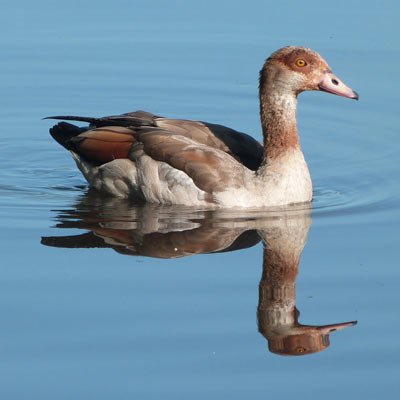 |
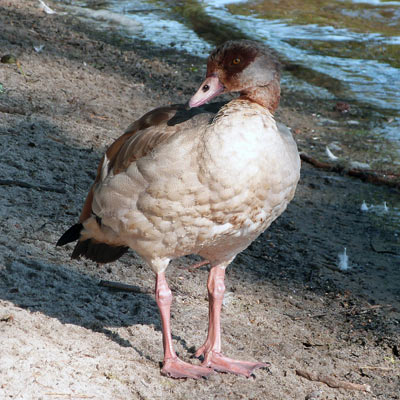 |
|
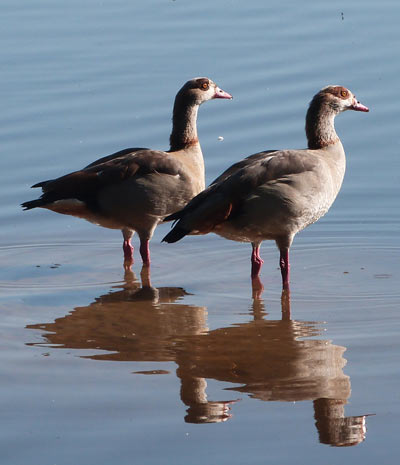 |
In the wild, they like to lay their eggs in the abandoned nests of other birds. Incubation takes 30 days, and both parents tend the young. The UK Invasive Alien Species Order came into force on Sunday 1st December 2019. The Order relates to Invasive Alien Species and sets out rules to prevent and minimise the impact of the introduction and spread of non-native animals and plants across the EU. The Order makes it an offence, amongst other things, to import, keep, sell, transport, breed or release into the environment, any of the listed plants and animals. Invasive alien waterfowl currently covered by this Order are Egyptian Geese and Ruddy Ducks. |
|
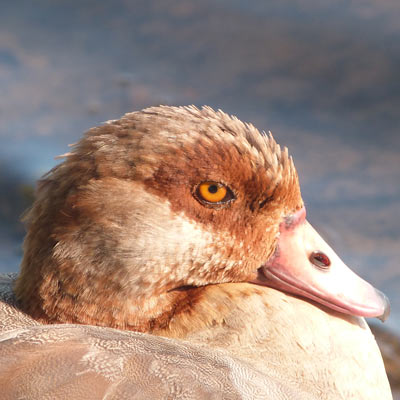 |
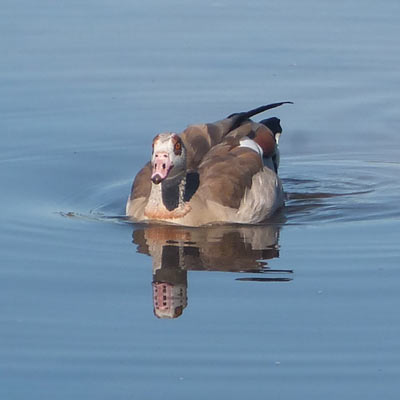 |
|
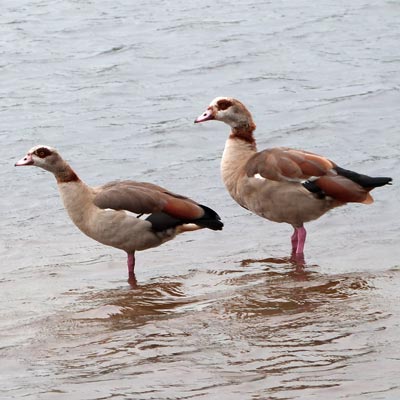 |
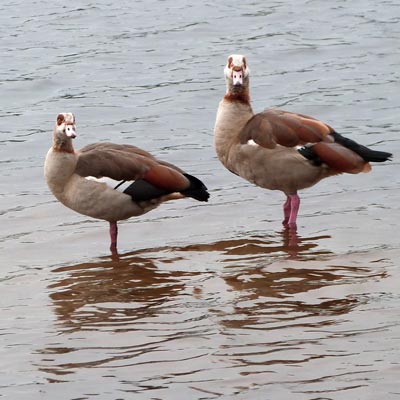 |
|
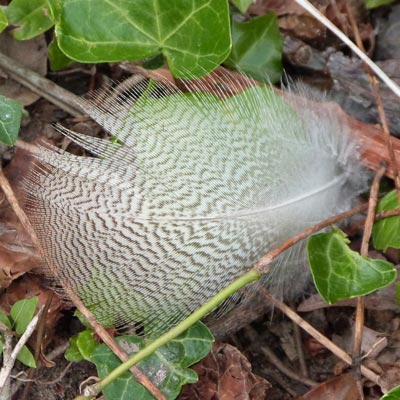 |
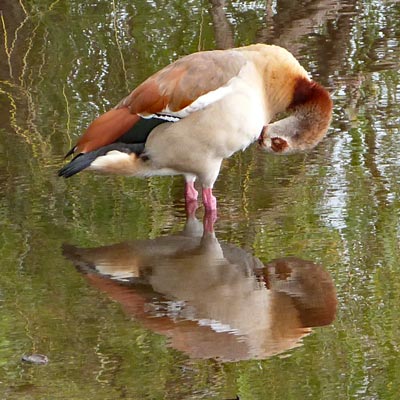 |
|
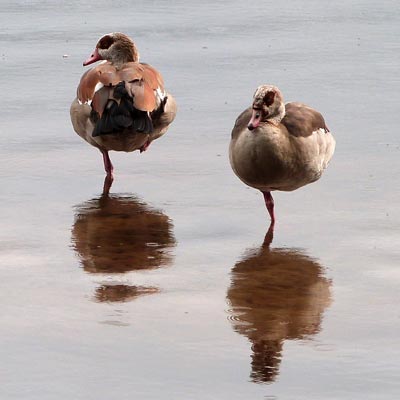 |
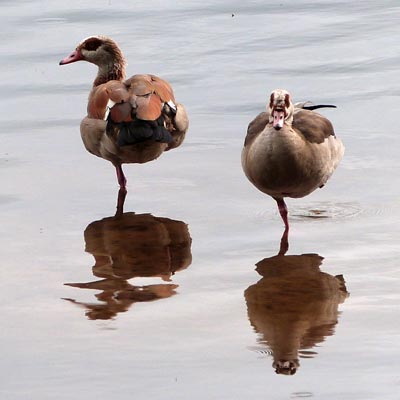 |
|
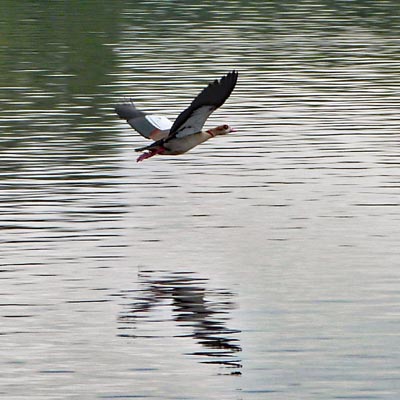 |
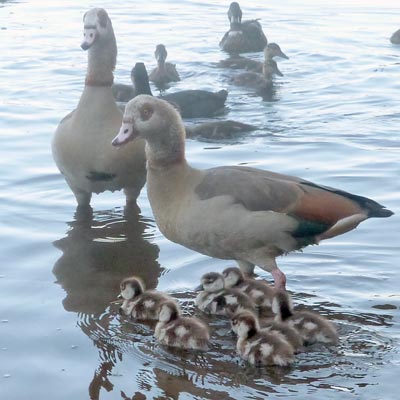 |
|
| More Goslings! | ||
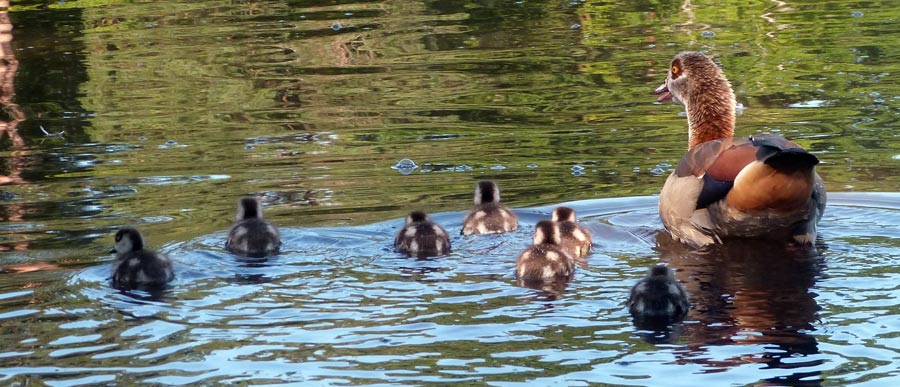 |
||
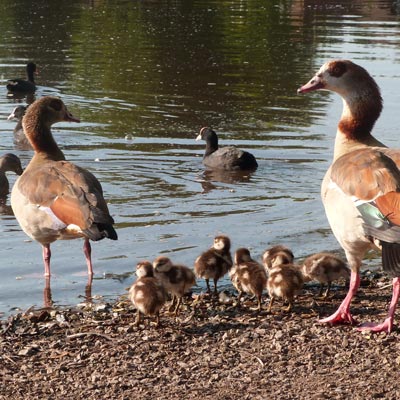 |
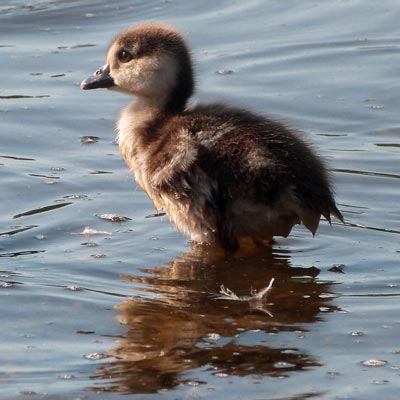 |
|
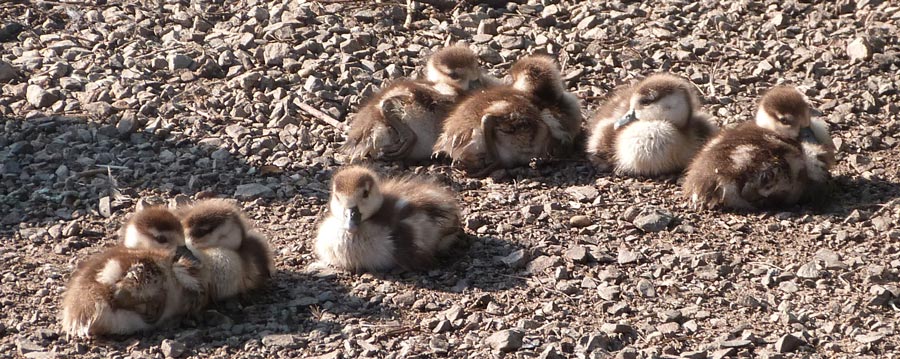 |
||
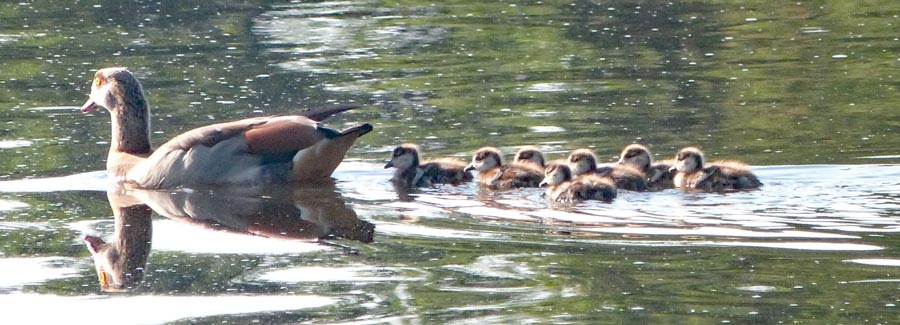 |
||
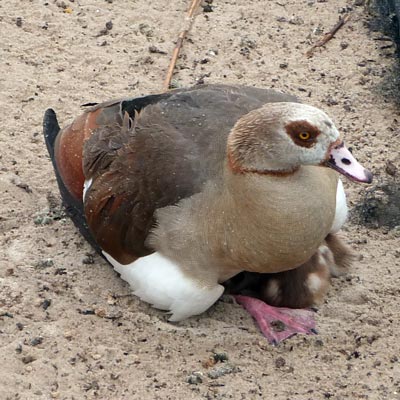 |
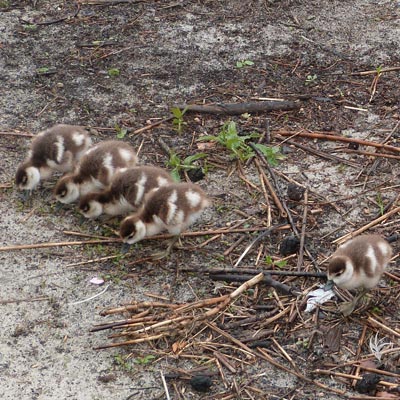 |
|
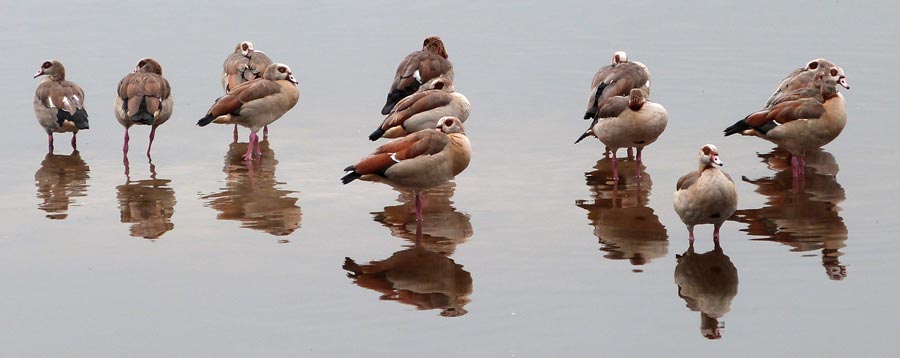 |
||
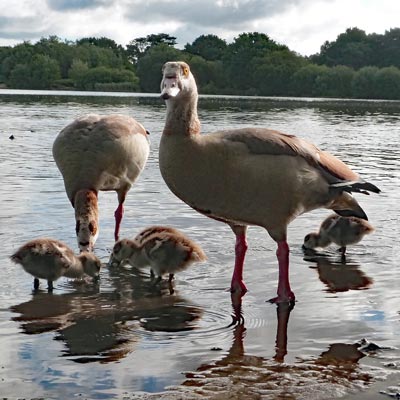 |
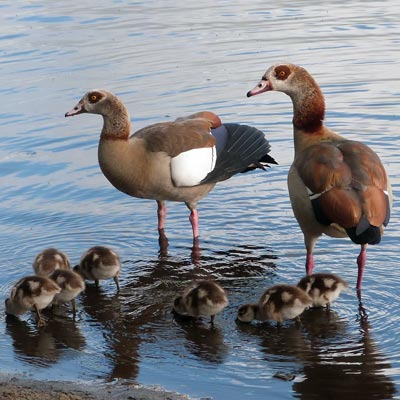 |
|
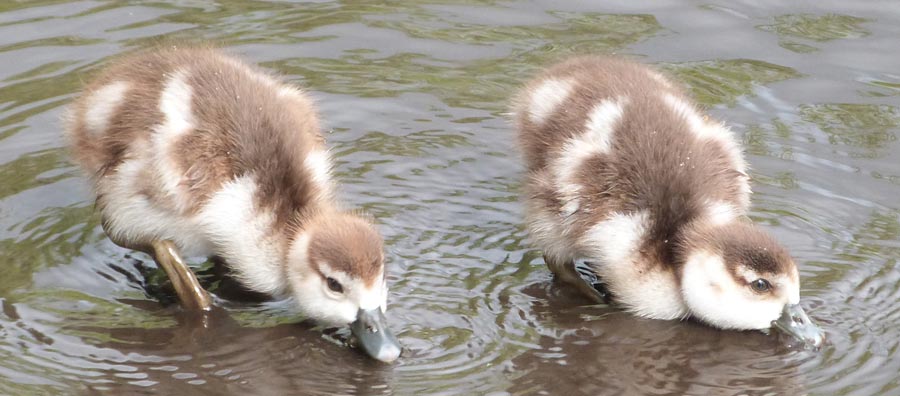 |
||
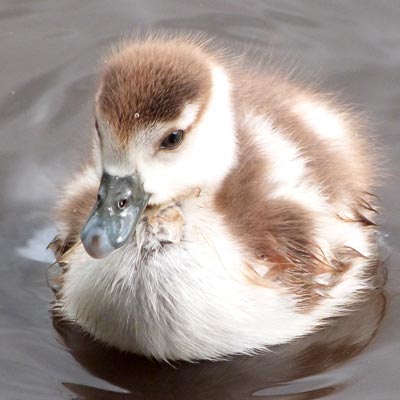 |
||
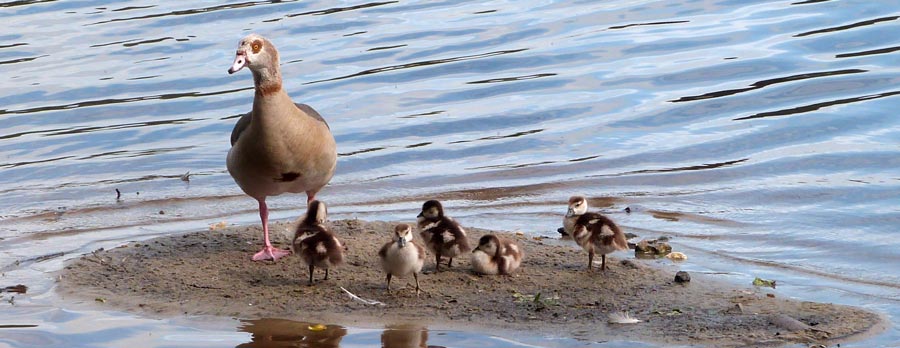 |
||
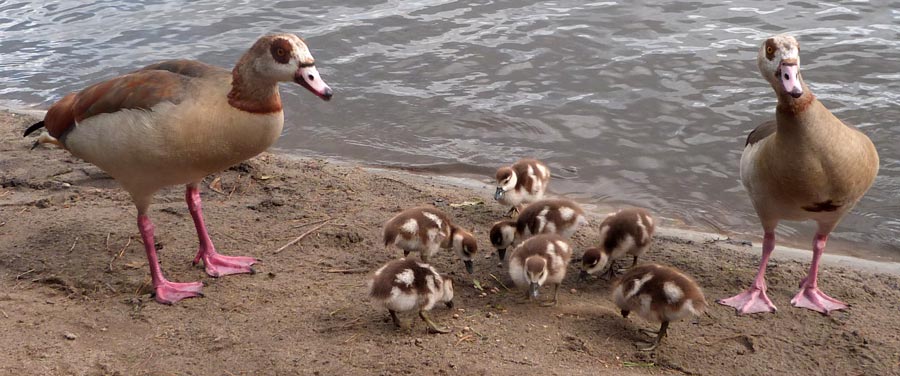 |
||
 |
||
| Saturday 11 July - now there are only four goslings! | ||
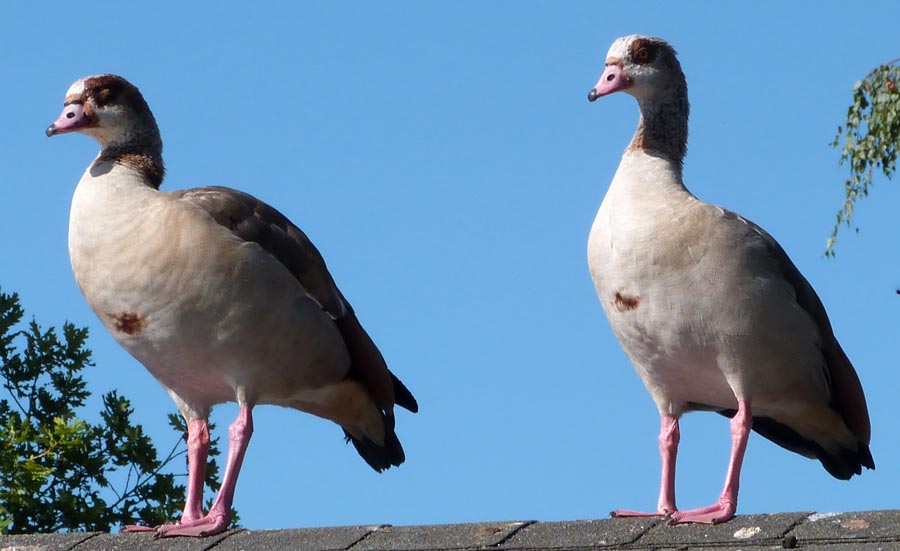 |
||
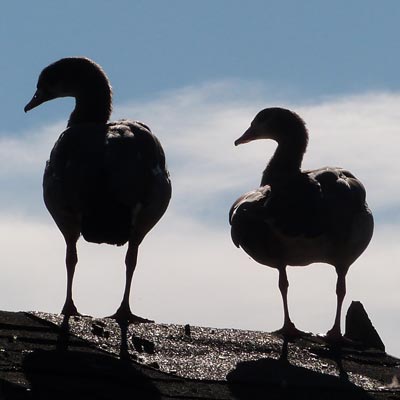 |
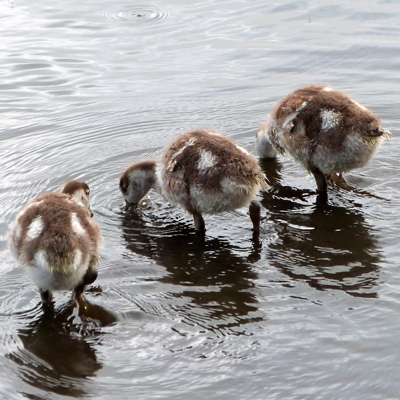 |
|
| Sunday 26 July - now only three! | ||
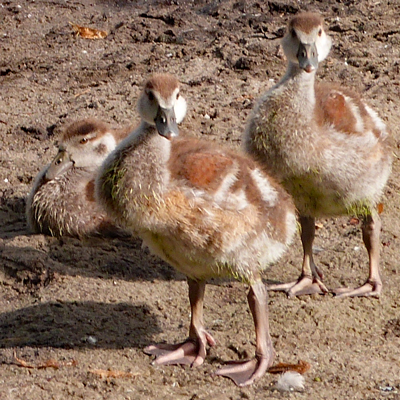 |
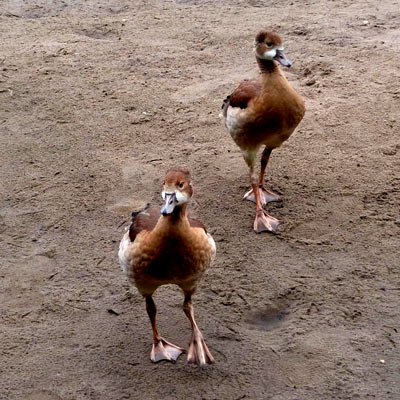 |
|
| 17 August - now only two! | ||
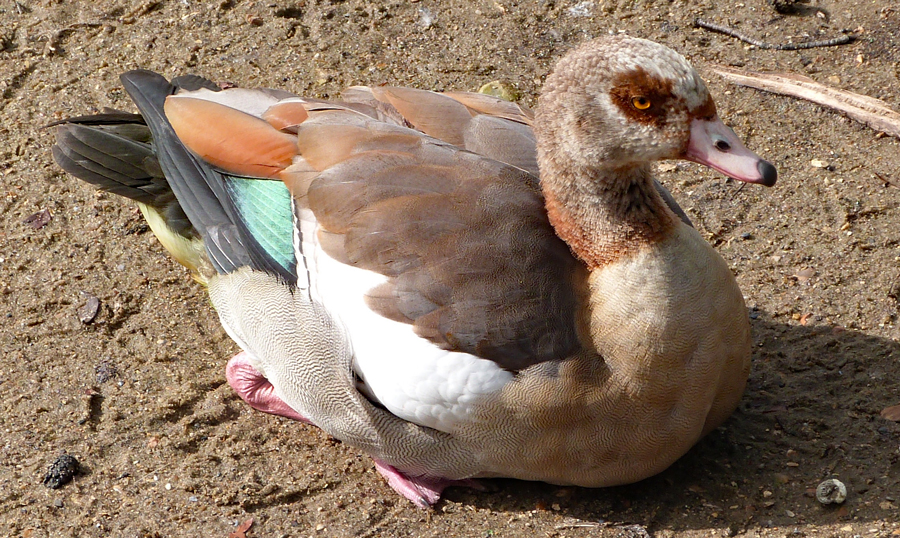 |
||
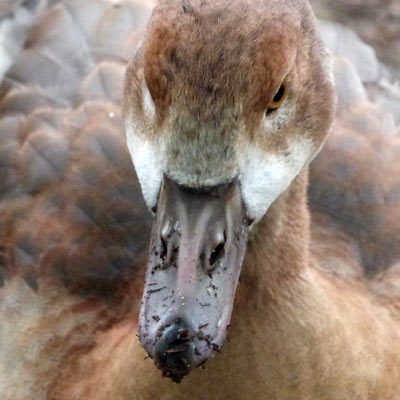 |
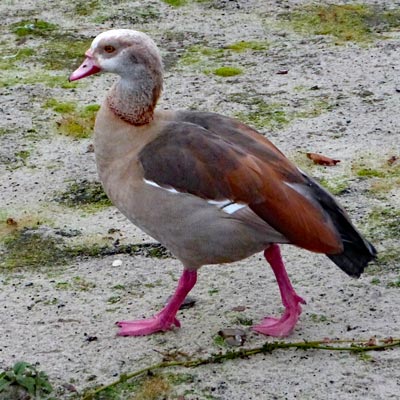 |
|
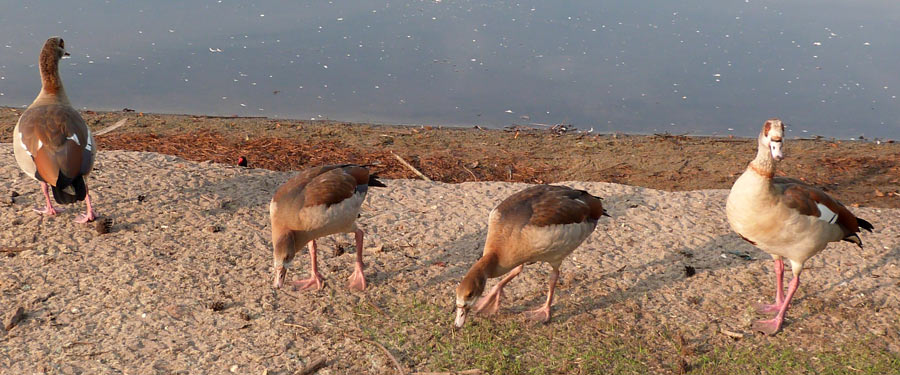 |
||
| Almost fully grown! | ||
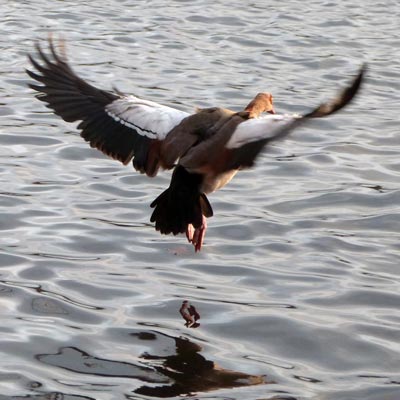 |
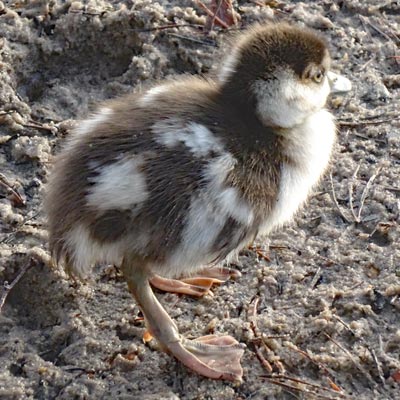 |
|
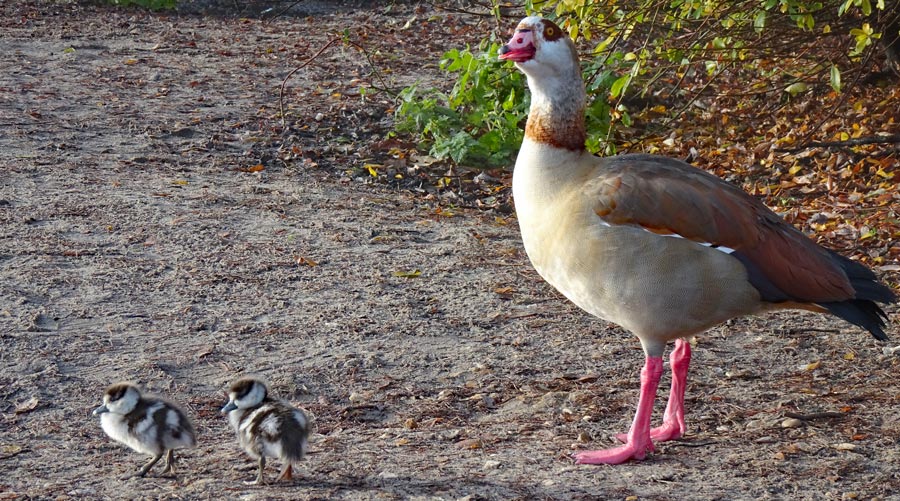 |
||
| On 8 December we were amazed to find that a pair of Egyptian Geese had two little goslings - will they survive the winter? |
||
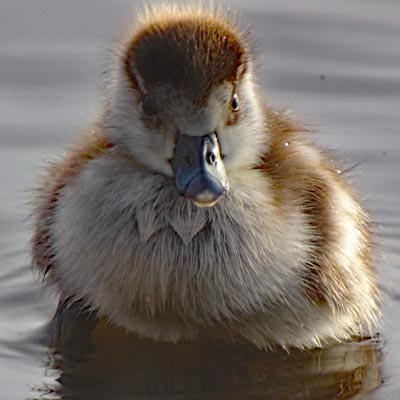 |
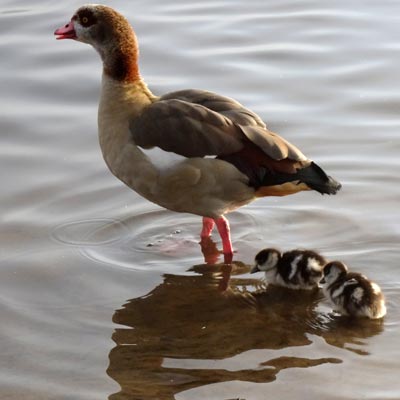 |
|
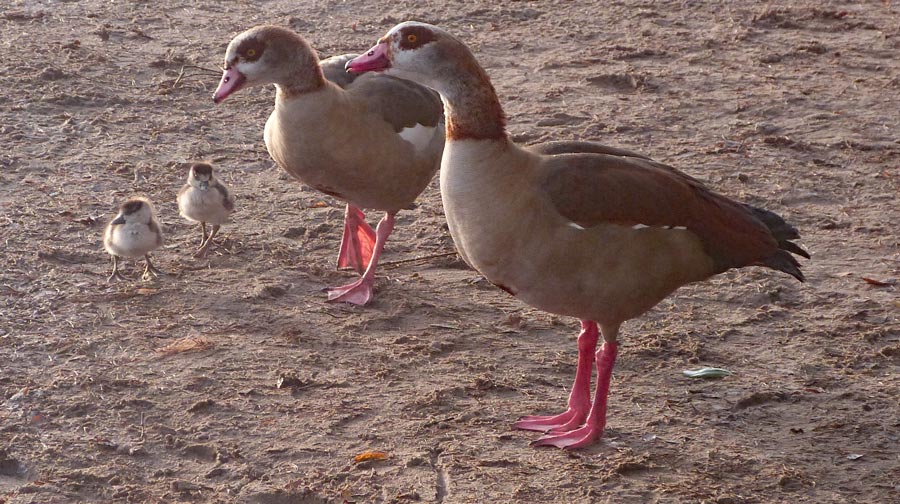 |
||
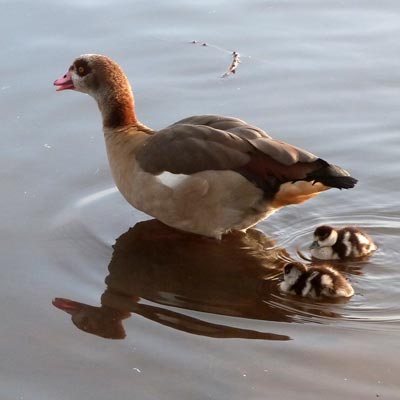 |
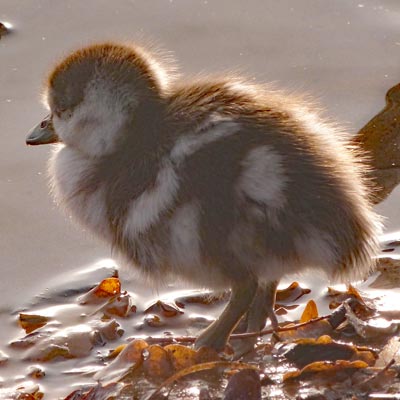 |
|
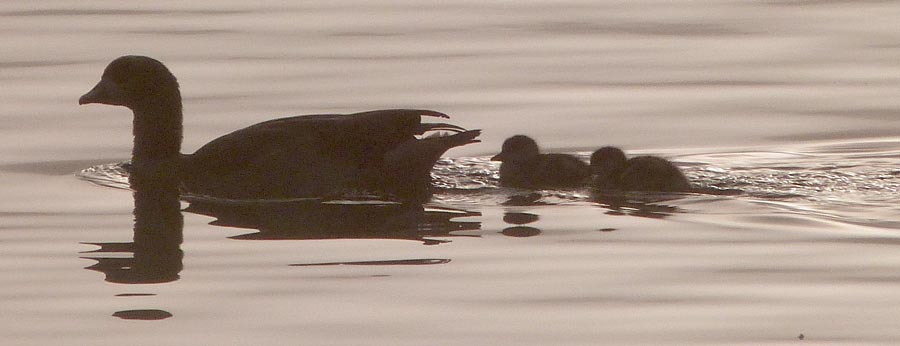 |
||
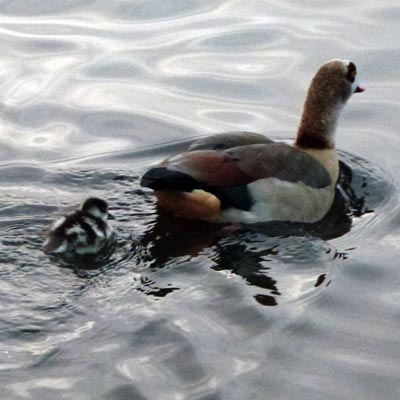 |
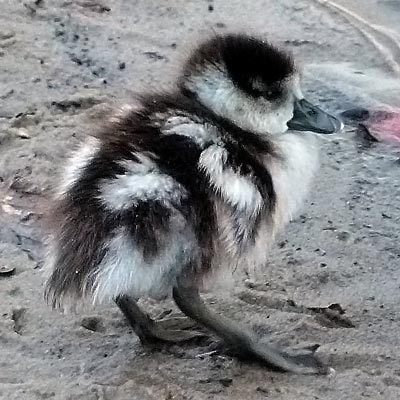 |
|
| The next day, 9 December, there was only one gosling | ||
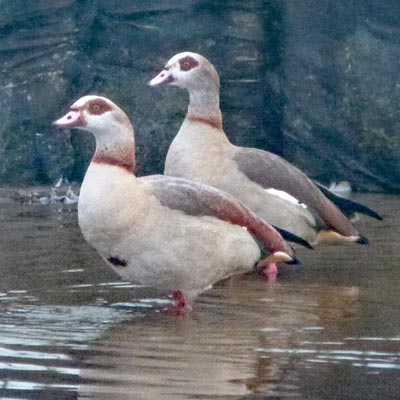 |
||
| 10 December: no gosling | ||
2021 |
||
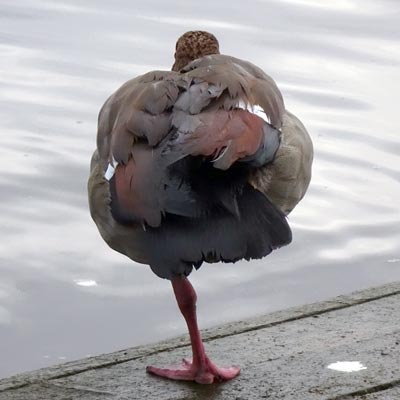 |
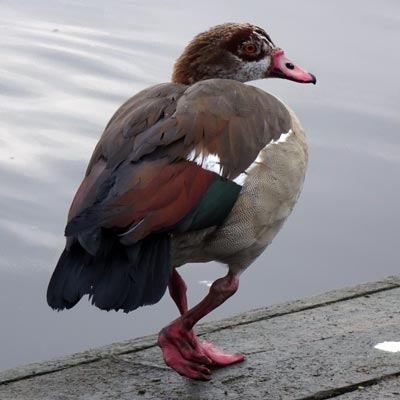 |
|
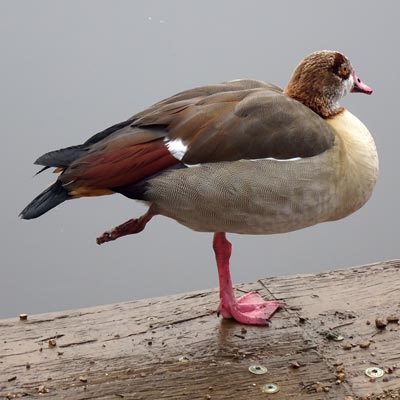 |
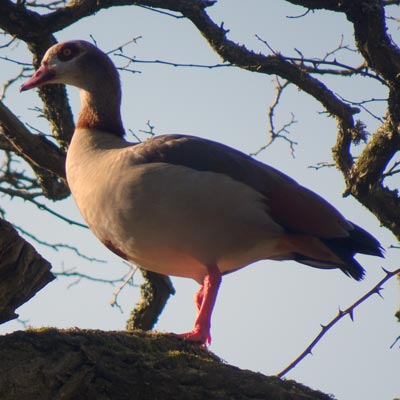 |
|
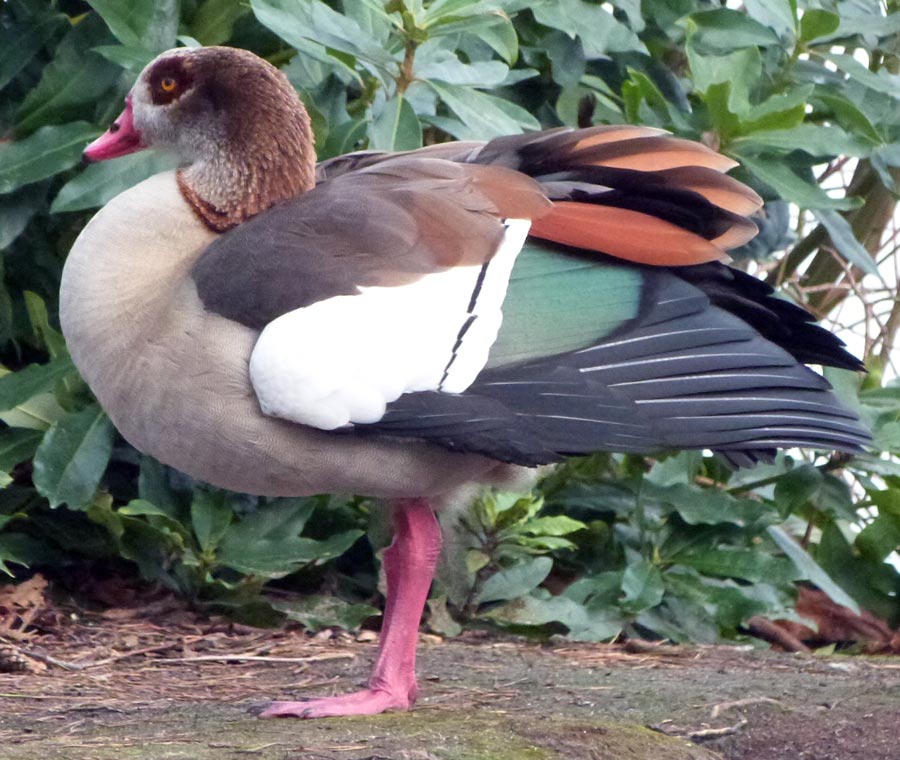 |
||
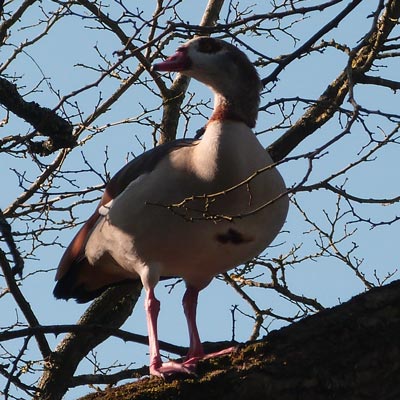 |
||
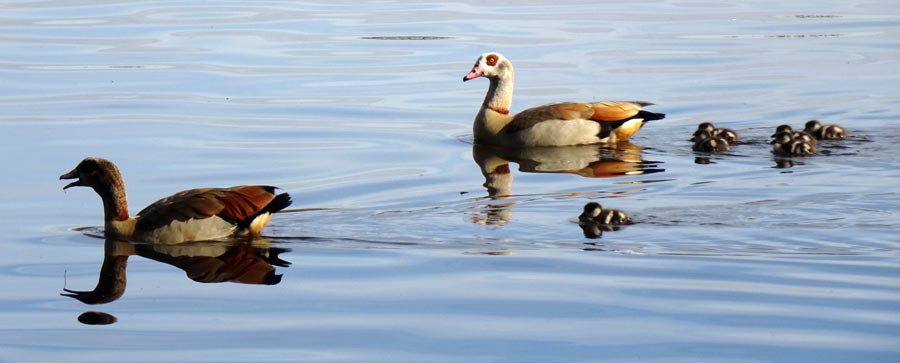 |
||
| Mid-April 2021 - six goslings! | ||
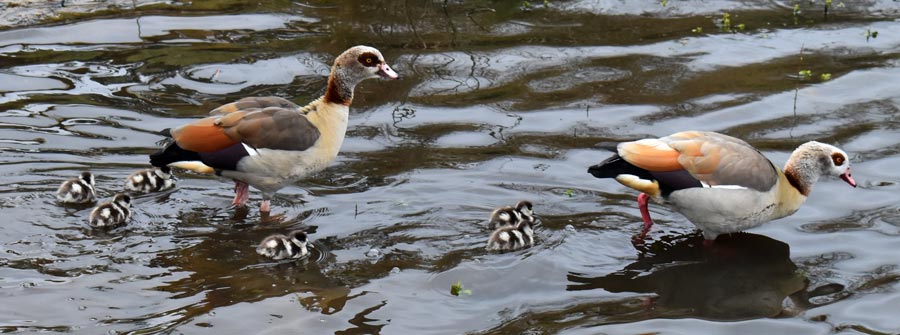 |
||
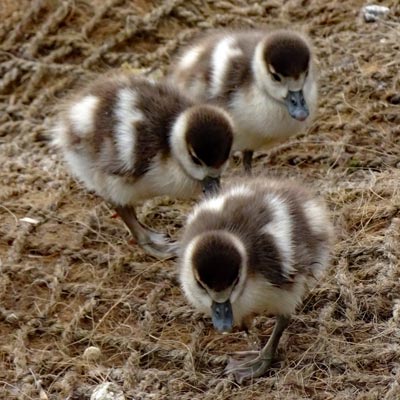 |
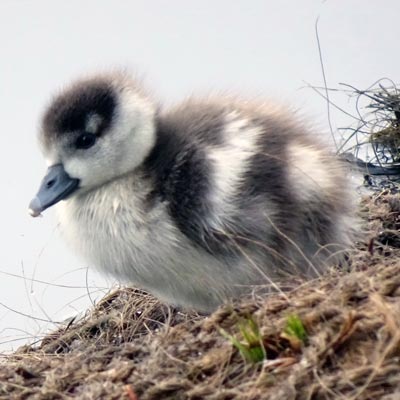 |
|
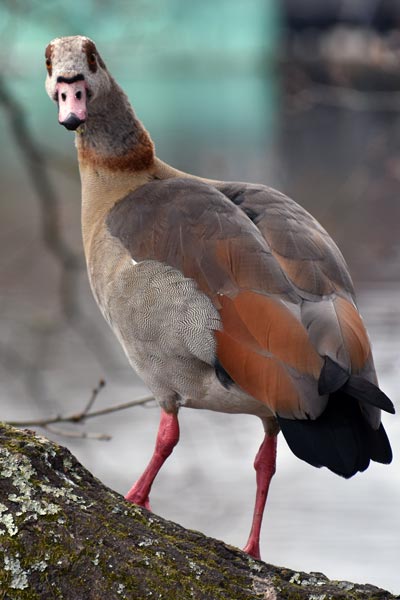 |
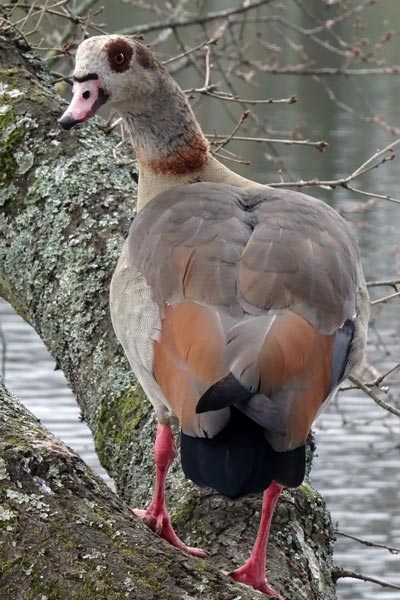 |
|
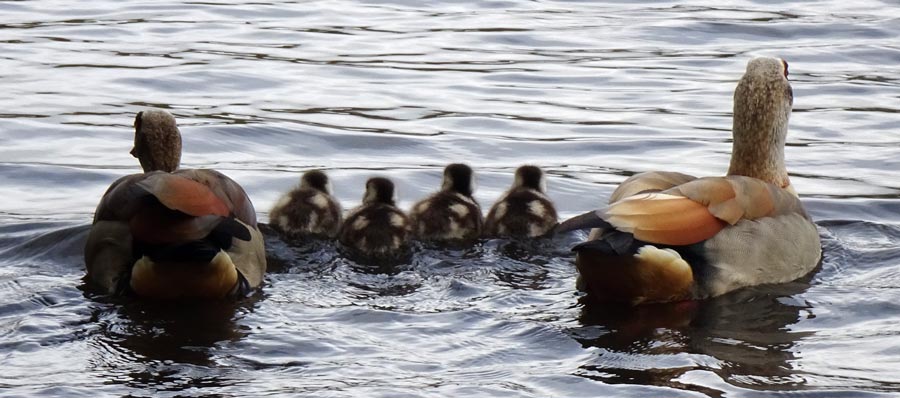 |
||
| Monday 13 April: now down to four goslings! | ||
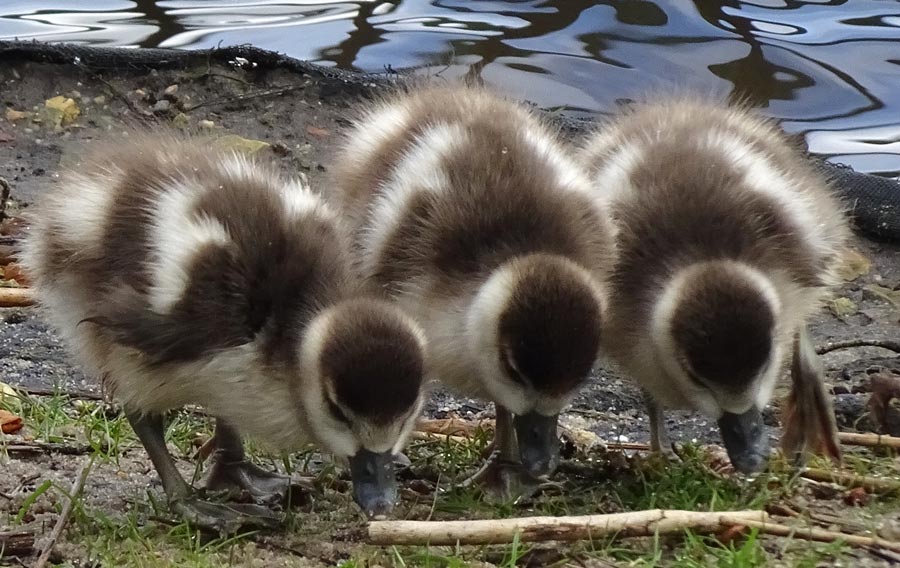 |
||
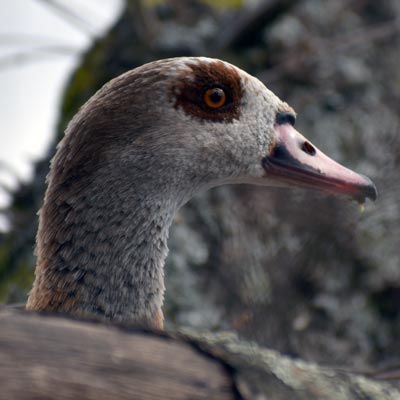 |
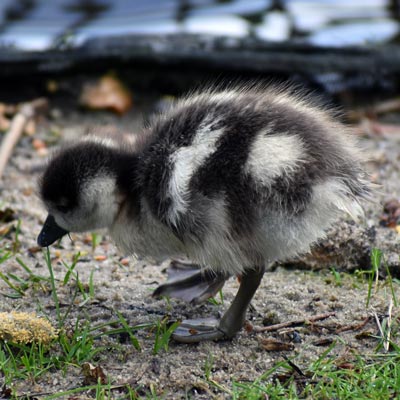 |
|
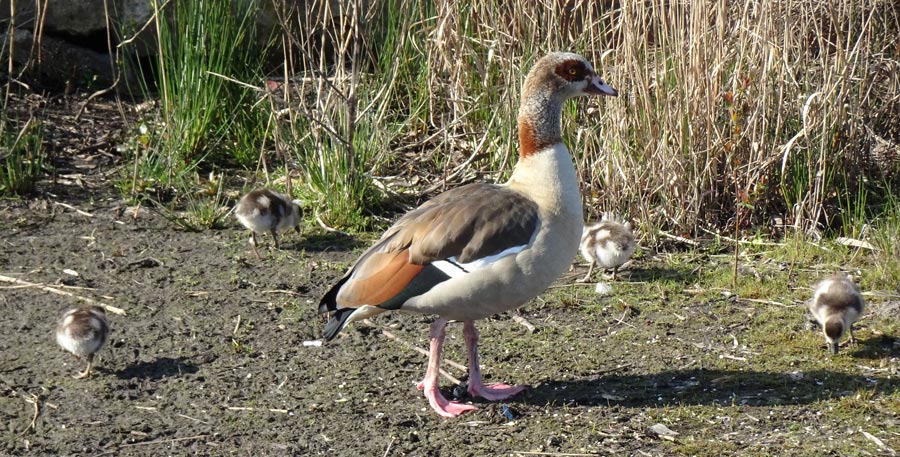 |
||
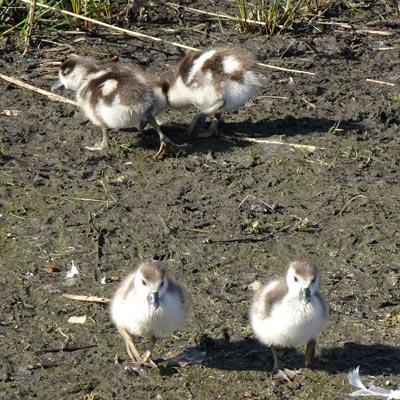 |
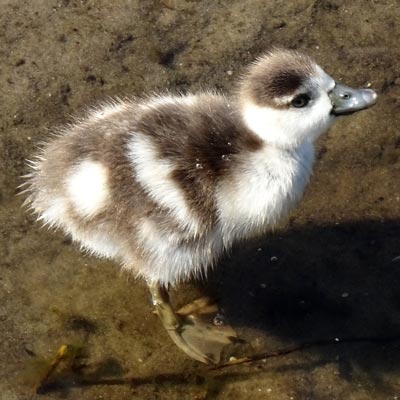 |
|
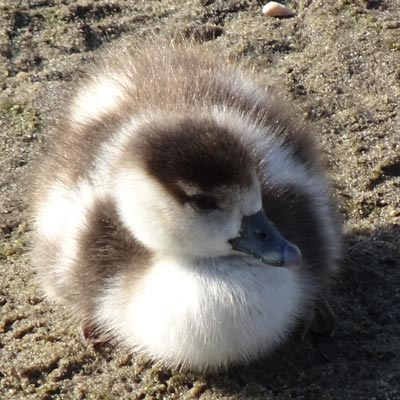 |
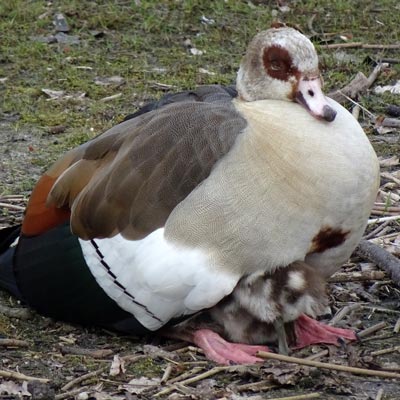 |
|
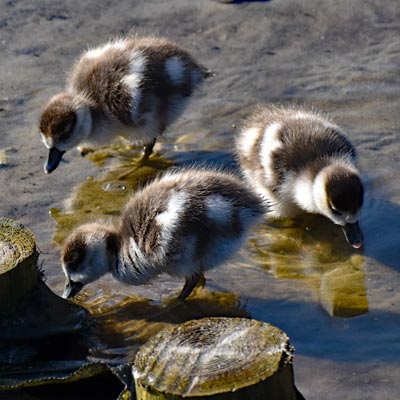 |
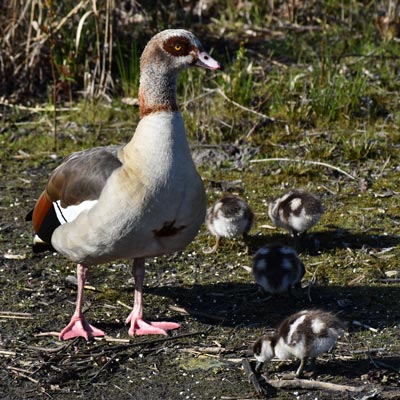 |
|
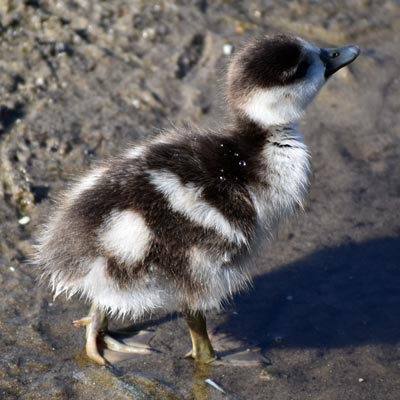 |
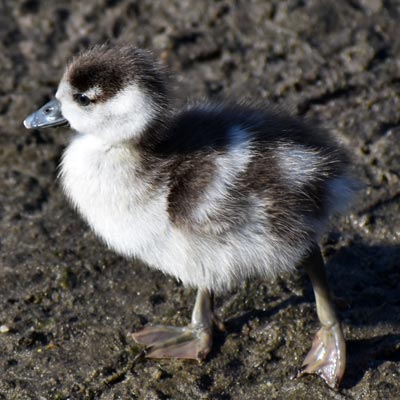 |
|
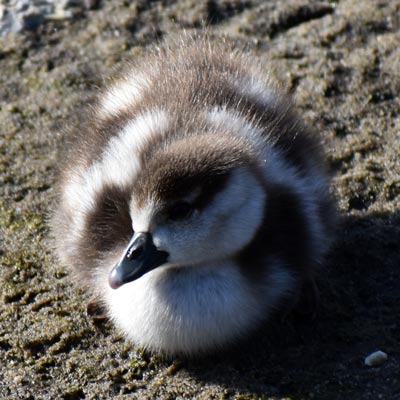 |
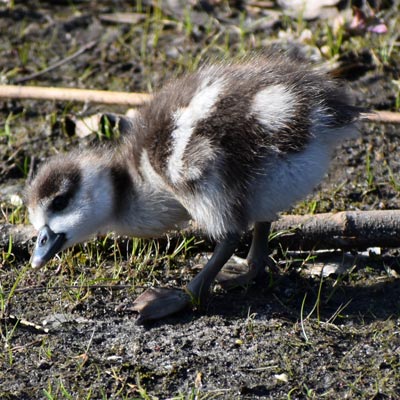 |
|
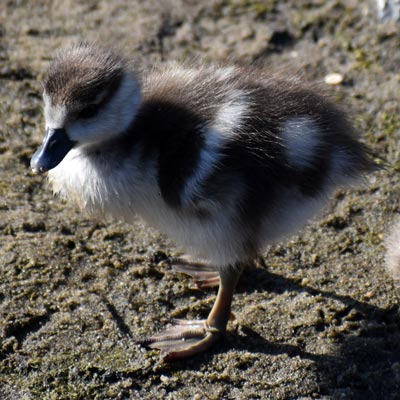 |
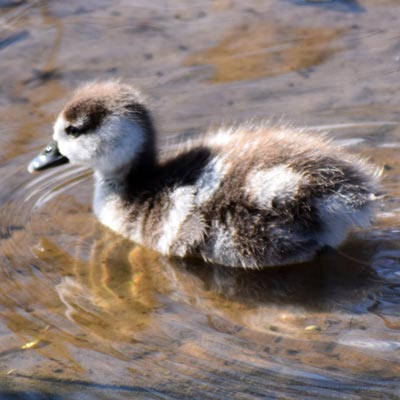 |
|
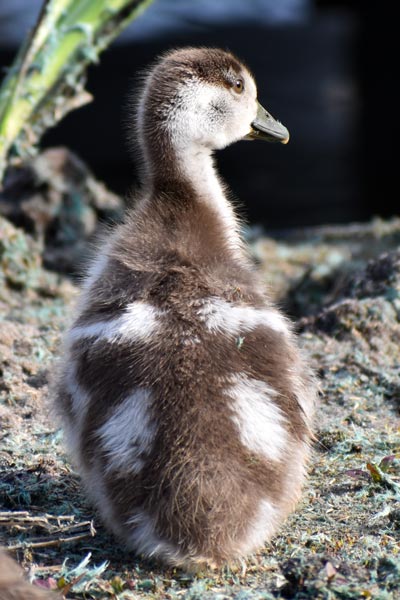 |
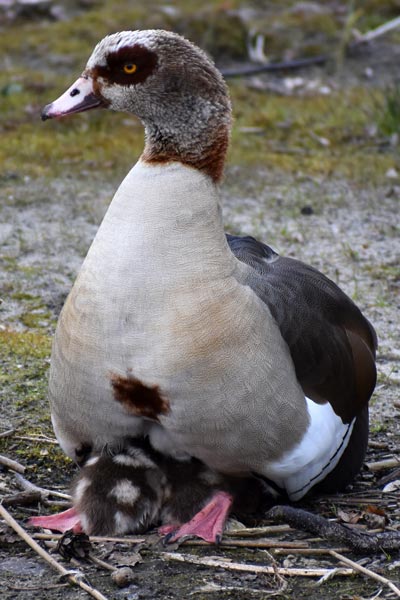 |
|
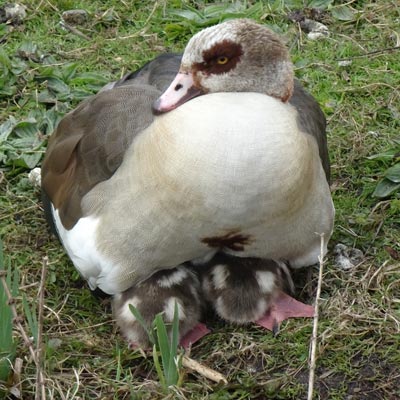 |
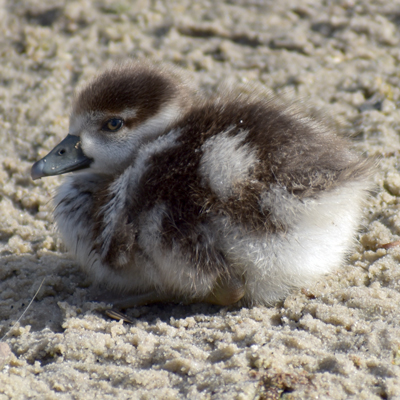 |
|
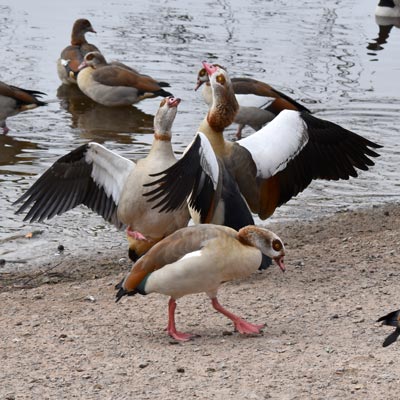 |
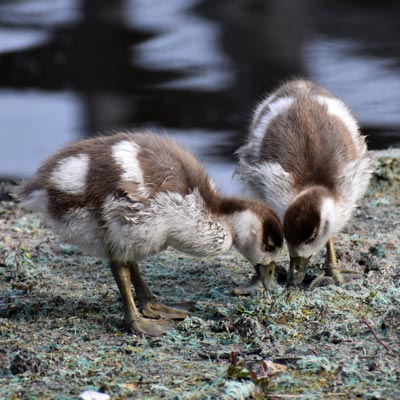 |
|
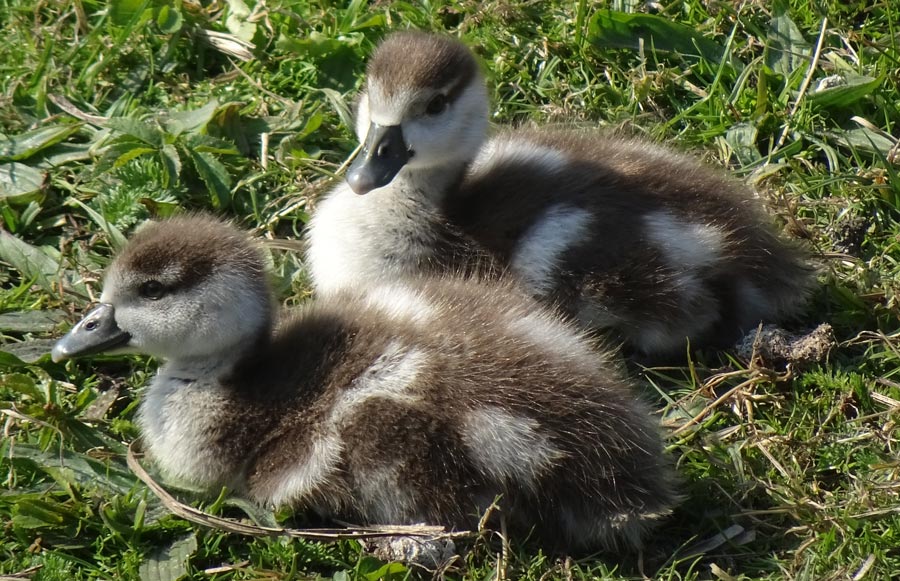 |
||
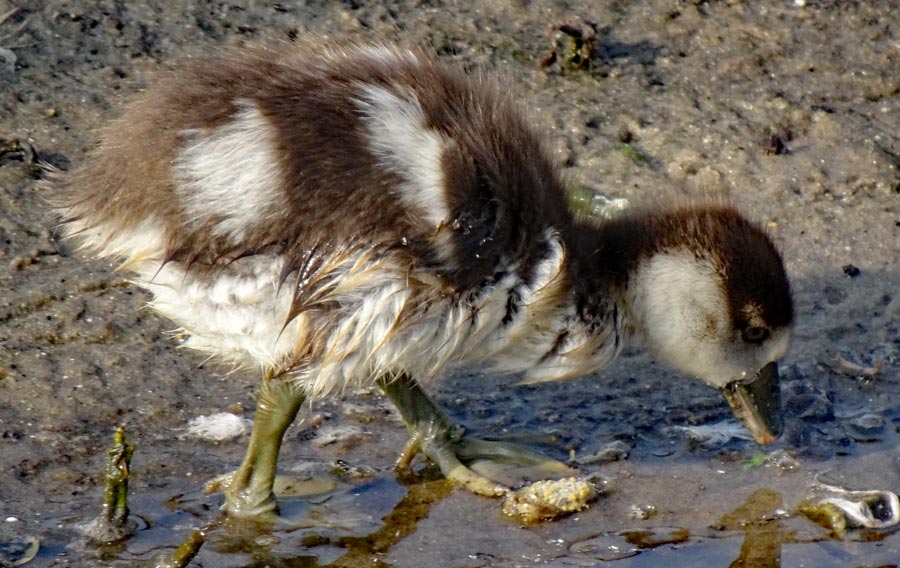 |
||
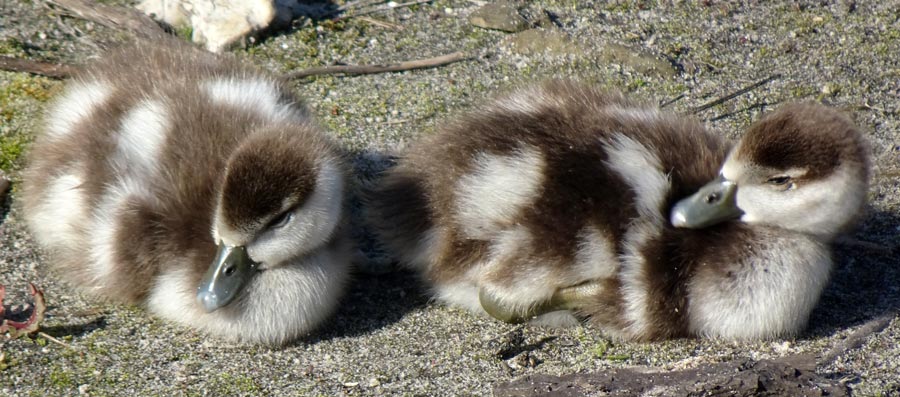 |
||
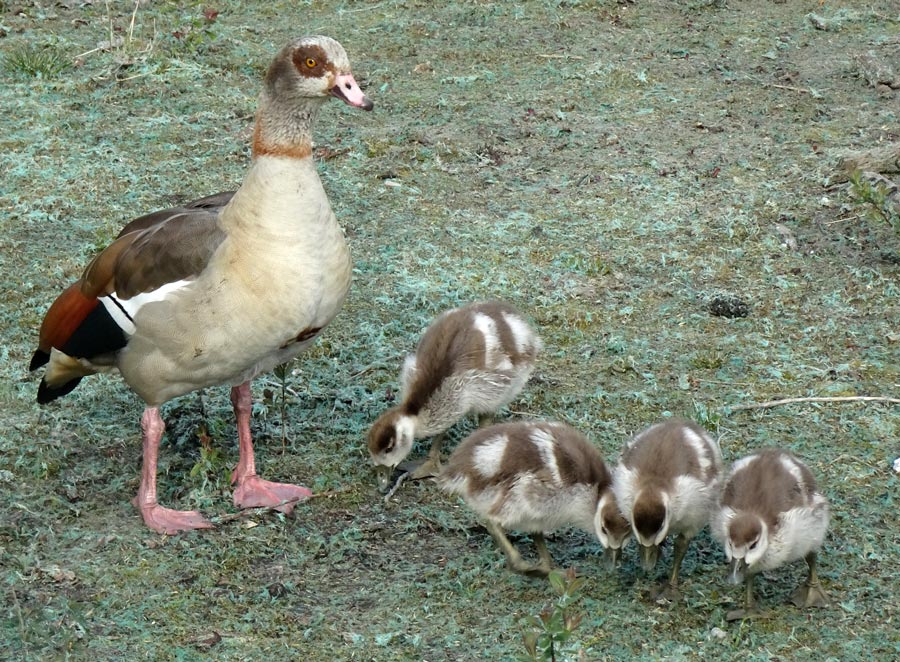 |
||
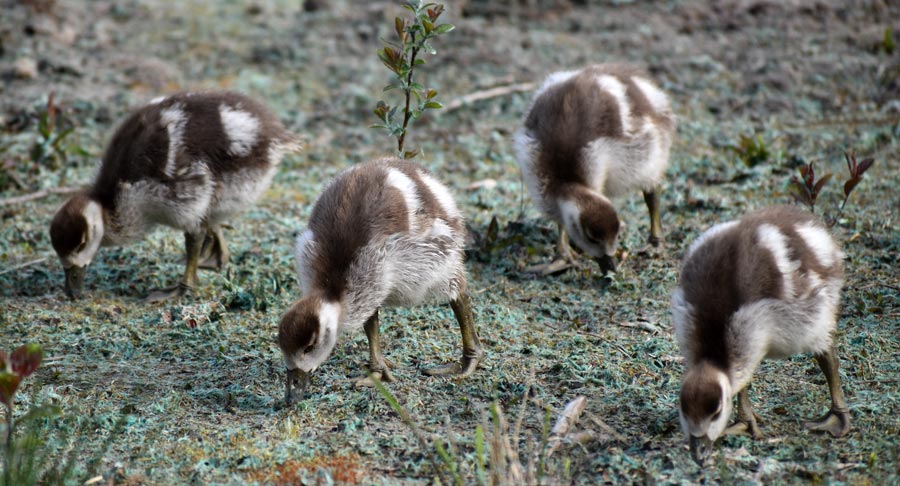 |
||
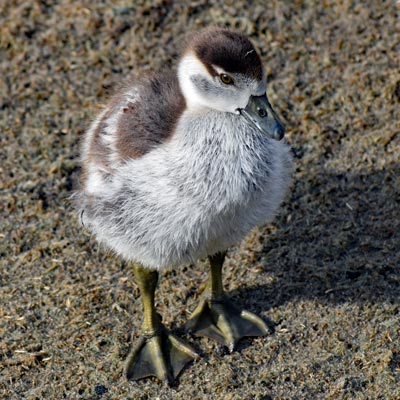 |
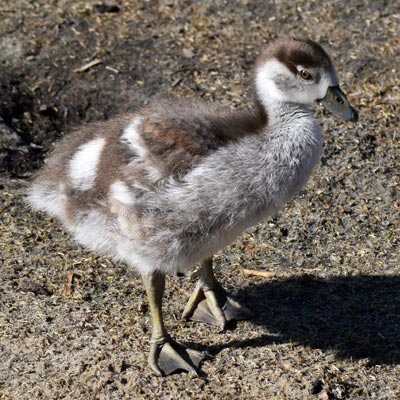 |
|
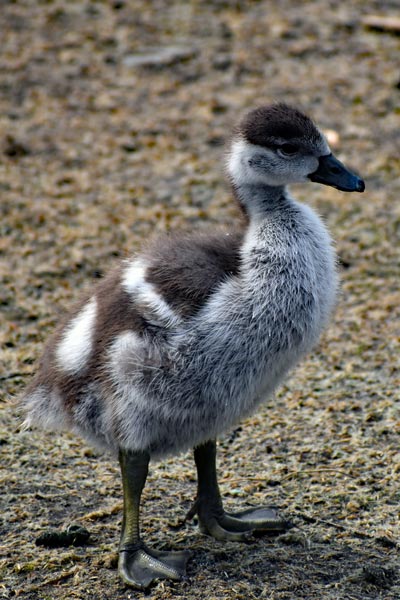 |
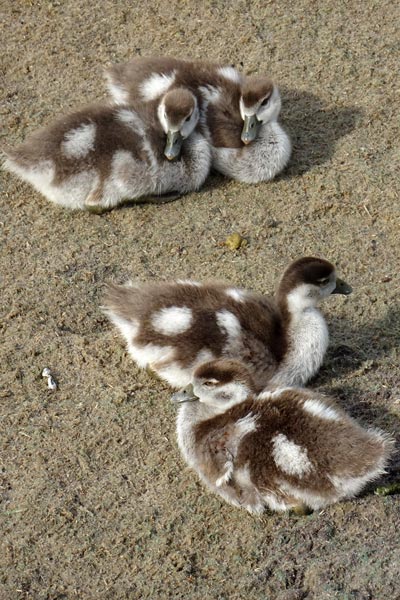 |
|
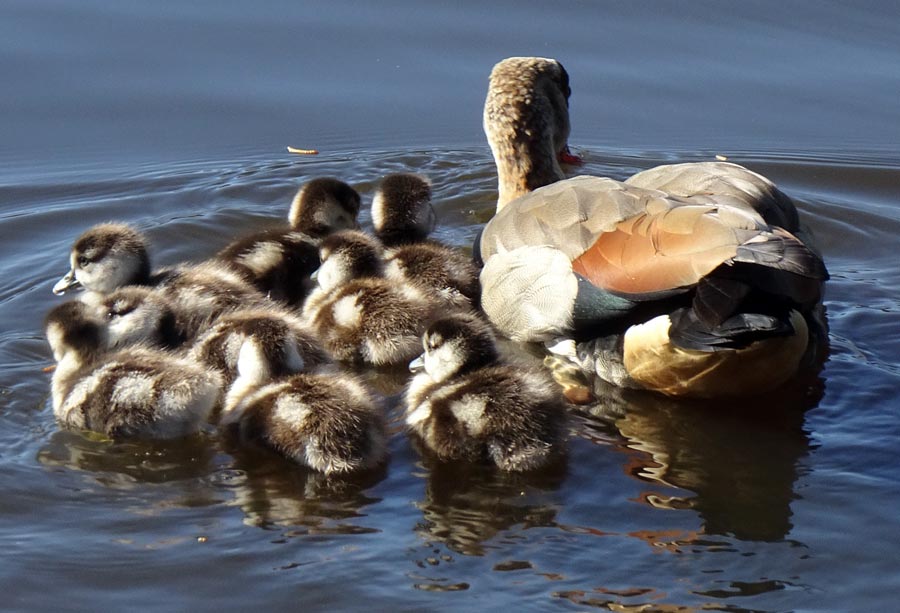 |
||
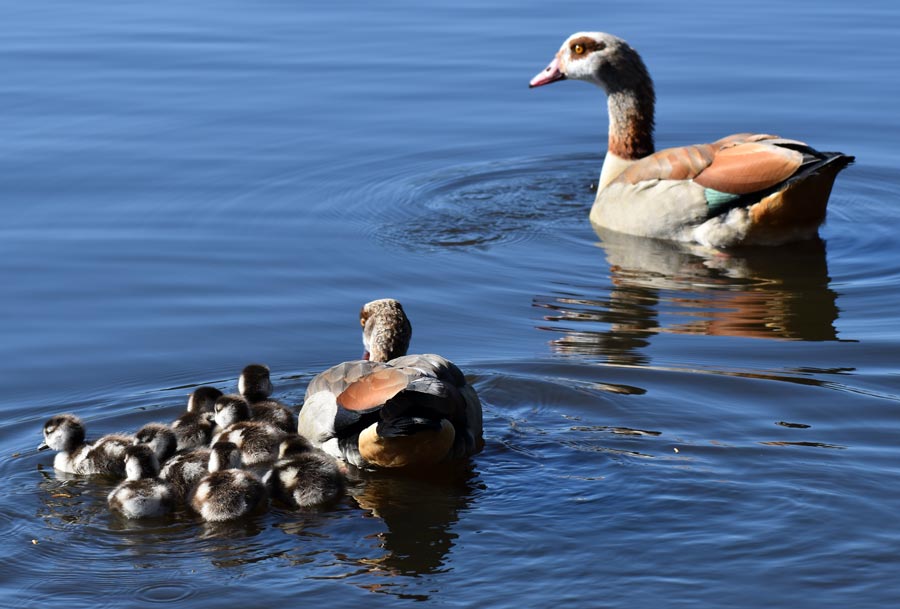 |
||
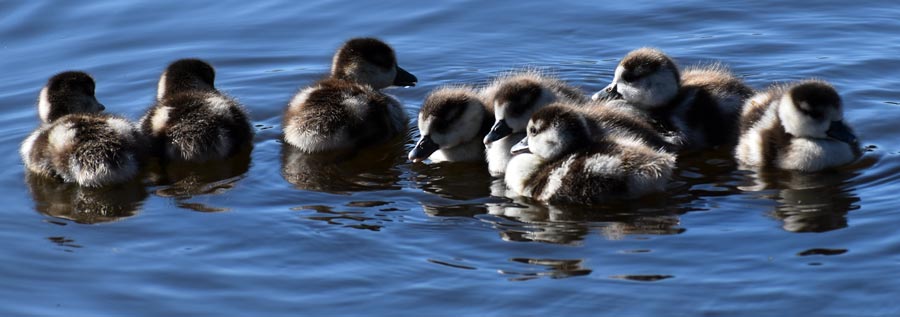 |
||
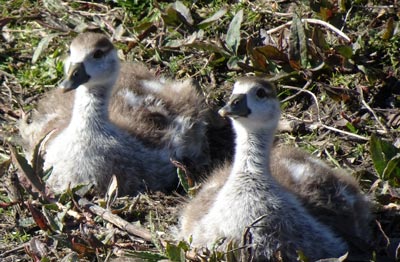 |
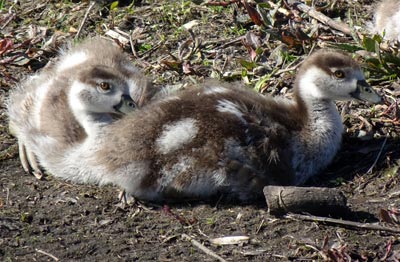 |
|
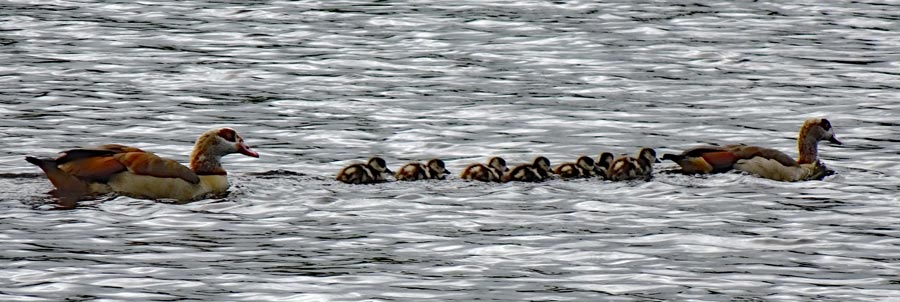 |
||
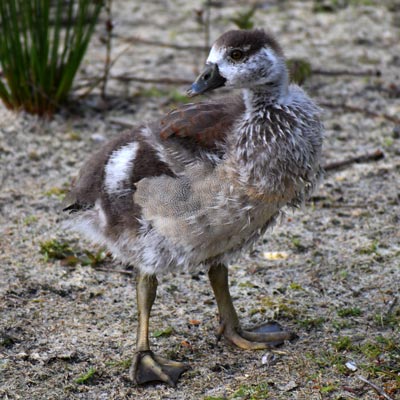 |
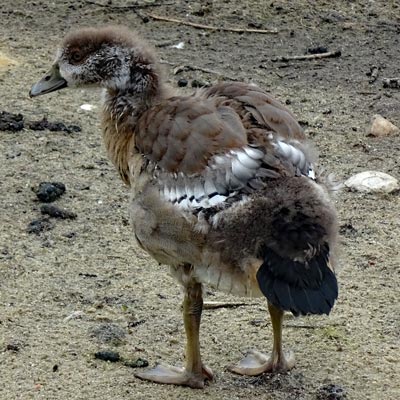 |
|
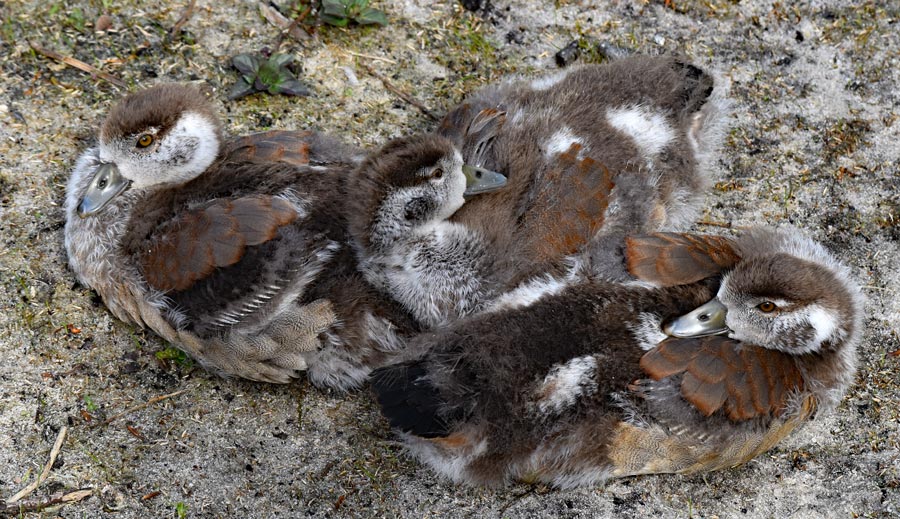 |
||
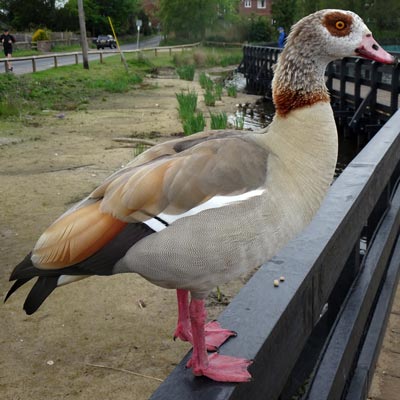 |
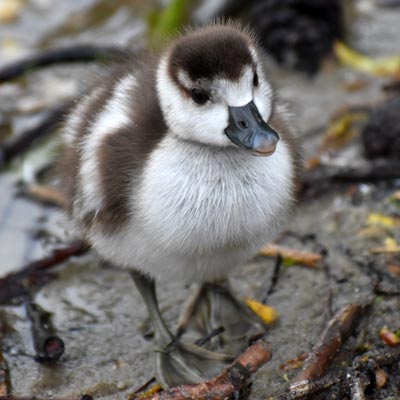 |
|
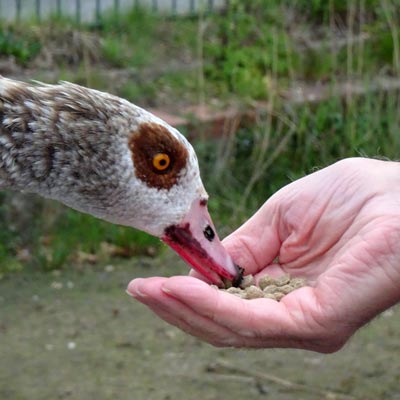 |
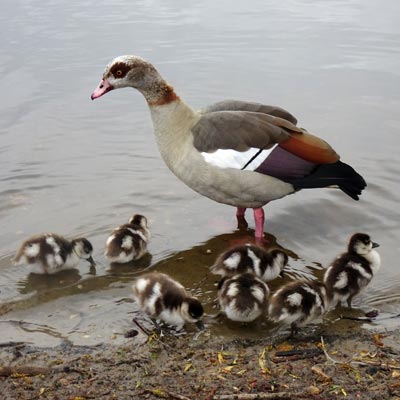 |
|
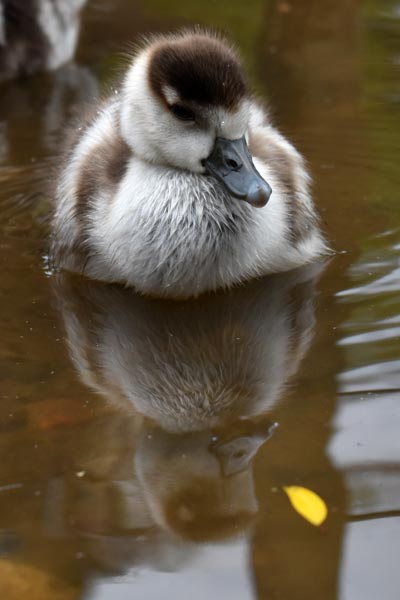 |
||
 |
||
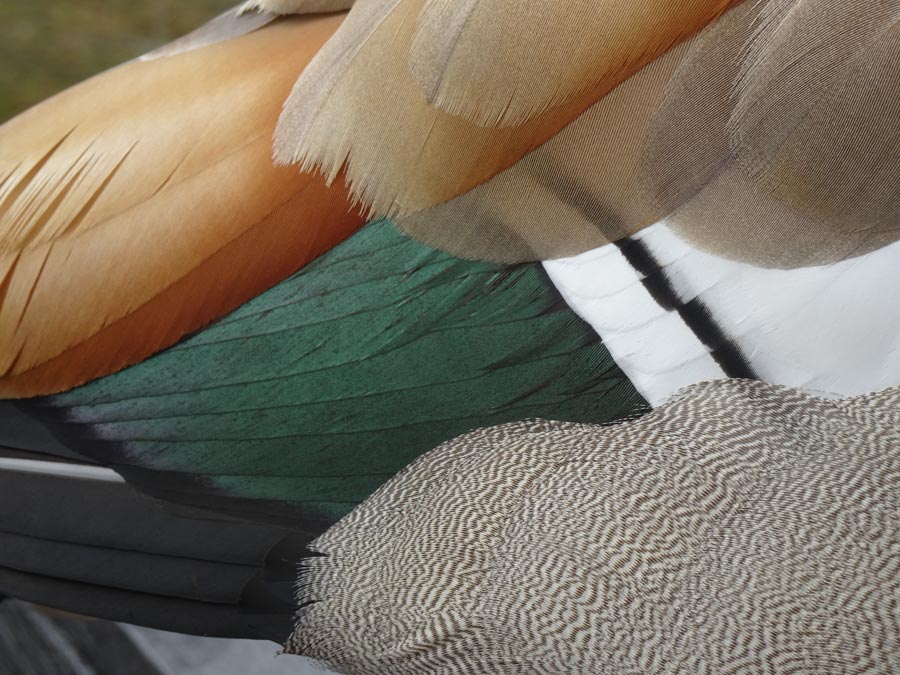 |
||
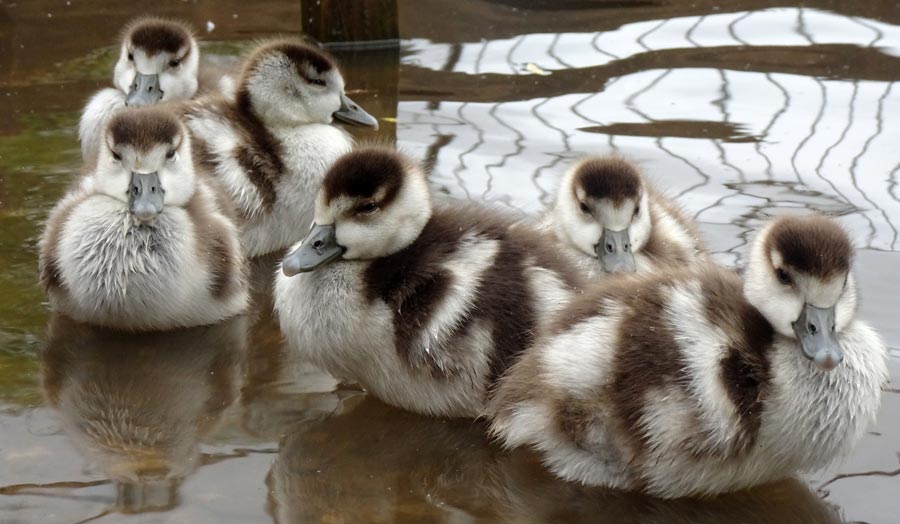 |
||
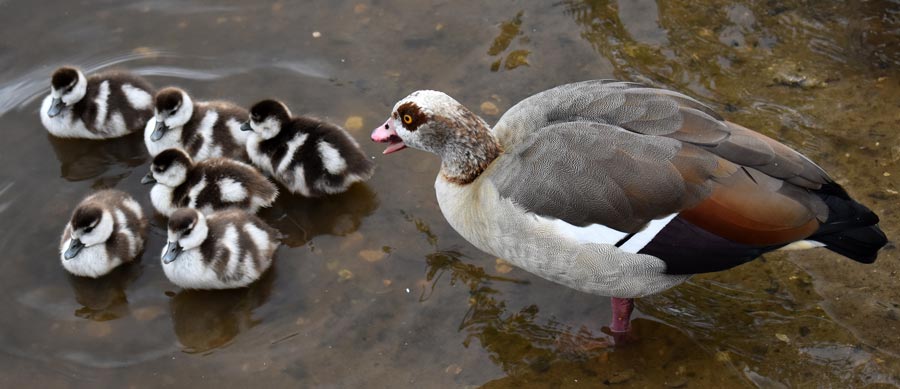 |
||
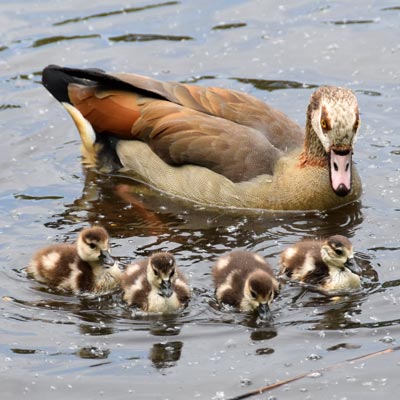 |
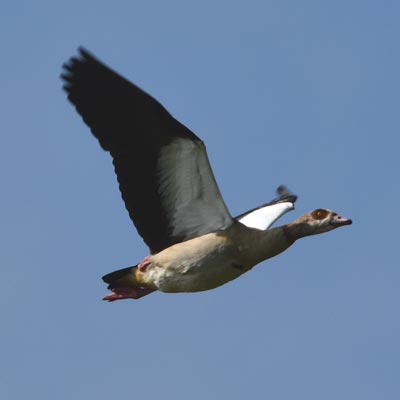 |
|
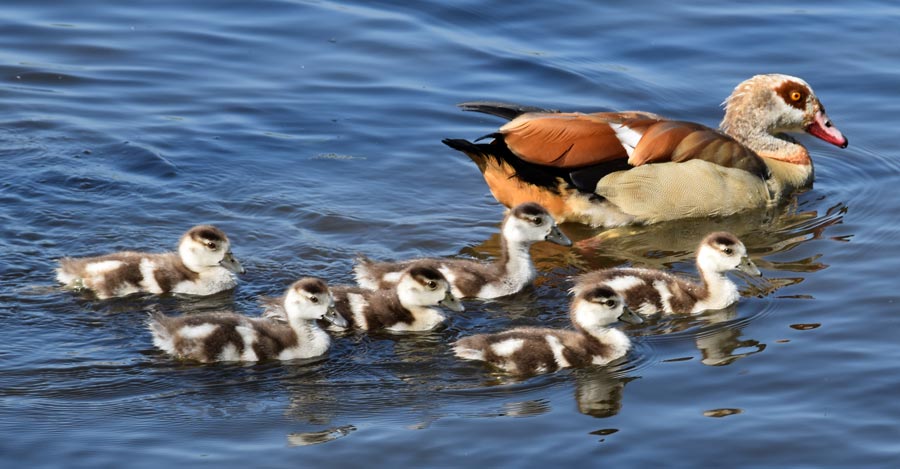 |
||
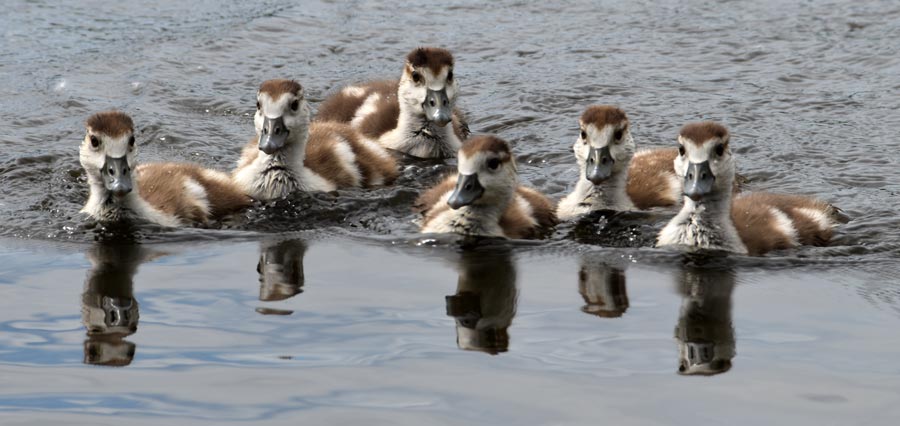 |
||
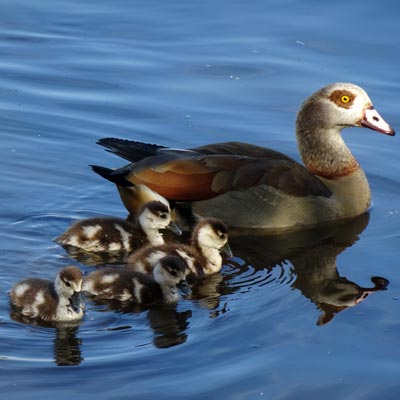 |
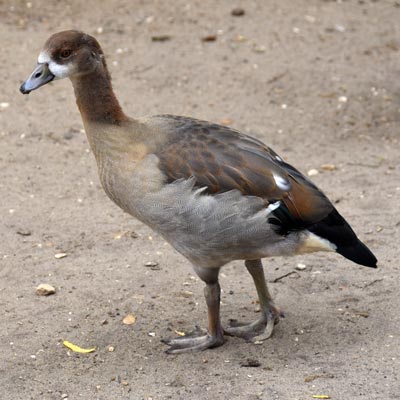 |
|
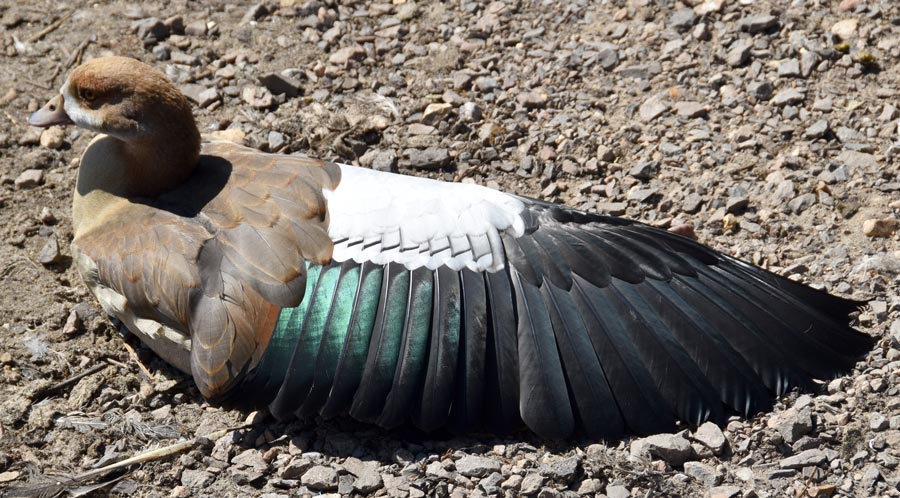 |
||
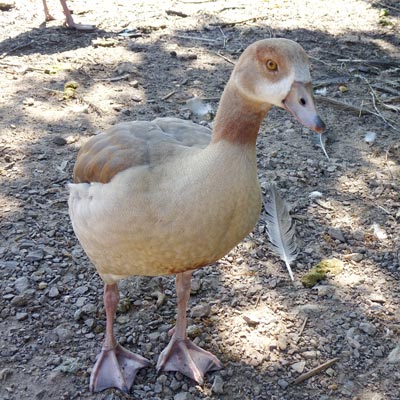 |
||
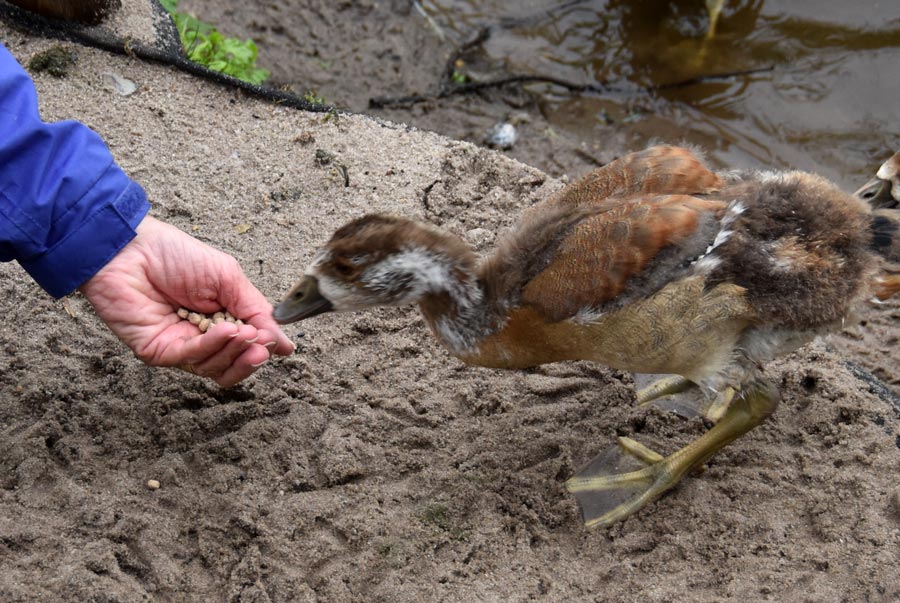 |
||
| The first Egyptian gosling to eat from our hands! | ||
| Go to the top of this page | ||
 Once common along the entire Nile valley and regarded as sacred in ancient times, the Egyptian Goose is no longer an easy bird to see in the country from which it takes its name, as it is largely confined to upper Egypt. It is, however, widespread and common throughout sub-Saharan Africa, with introduced populations firmly established in England, Holland, Belgium and France.
Once common along the entire Nile valley and regarded as sacred in ancient times, the Egyptian Goose is no longer an easy bird to see in the country from which it takes its name, as it is largely confined to upper Egypt. It is, however, widespread and common throughout sub-Saharan Africa, with introduced populations firmly established in England, Holland, Belgium and France.